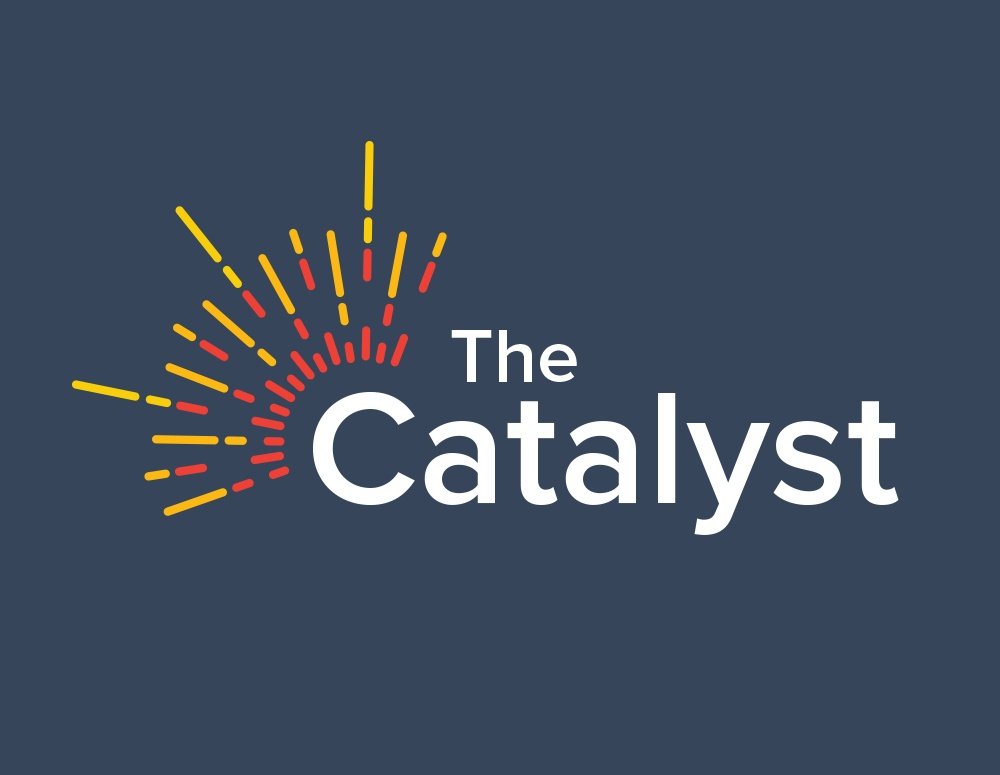Conversations and healthy debate about issues facing our industry and the health care system are critical to addressing some of today’s challenges and opportunities. The Catalyst welcomes guest contributors, including patients, stakeholders, innovators and others, to share their perspectives and point of view. Views represented here may not be those of PhRMA, though they are no less key to a healthy dialogue on issues in health care today.
 We’re pleased to host a guest blog from Mila Ferrer, an advocate for more and better diabetes education for the Hispanic community. In July 2011, Mila began writing her blog, “Jaime, mi dulce guerrero,” five years after Jaime, her youngest son, was diagnosed with type 1 diabetes at the age of three.
We’re pleased to host a guest blog from Mila Ferrer, an advocate for more and better diabetes education for the Hispanic community. In July 2011, Mila began writing her blog, “Jaime, mi dulce guerrero,” five years after Jaime, her youngest son, was diagnosed with type 1 diabetes at the age of three.
I still remember very vividly that Friday, June 2, 2006. On that day, we were forced to welcome type 1 diabetes to our home. Our youngest son, a 3-year-old boy, had been diagnosed with this autoimmune disease, and the news brought a whirlwind of emotions – shock, fear, anger, anxiety, sadness, surprise – along with many questions about the present and his future. Was it our fault? Will my boy be able to live a healthy and productive life? What challenges await our family? What can I do to help him? Where do I start? Will there be a cure for type 1 diabetes?
We started this journey 10 years ago with a young child whose energy and happiness were contagious. Our family had no diabetes knowledge, and we were trying to understand how a three-year-old healthy and active child could have developed type 1 diabetes. Those first diabetes education interventions at the hospital were very confusing and tough to understand. There was a diabetes lingo that we had to become familiar with, new ways of doing things and new family routines. From that day on, all this was going to be the new normal for our family. The whole thing was completely surreal, and we wondered if we would be able to learn to manage this new normal after our three-day stay at the hospital. We felt overwhelmed by all the emotions and the information.
Well, I can say you learn to take it one day at a time, learn from your mistakes, and most importantly, learn from other families living with type 1 diabetes. We found a safe haven in education and began to understand and manage Jaime’s type 1 diabetes in a proactive way, always vigilant of his blood glucose. We became an empowered family, and it changed the way we felt, managed and talked about type 1 diabetes.
Type 1 diabetes is a complex disease, but diabetes education and access to new technologies and treatments have been instrumental in my son being able to live a bold and healthy life. Always remember that knowledge is power, and the power to change diabetes is in your hands.
There’s still one question unanswered: Will there ever be a cure for type 1 diabetes? But today, more than 10 years later, the feelings and emotions are opposite to those during the type 1 diabetes diagnosis, and we have found the answers to most of the questions we had.
Learn about the 171 medicines in development for diabetes here.



 We’re pleased to host a guest blog from Mila Ferrer, an advocate for more and better diabetes education for the Hispanic community. In July 2011, Mila began writing her blog, “Jaime, mi dulce guerrero,” five years after Jaime, her youngest son, was diagnosed with type 1 diabetes at the age of three.
We’re pleased to host a guest blog from Mila Ferrer, an advocate for more and better diabetes education for the Hispanic community. In July 2011, Mila began writing her blog, “Jaime, mi dulce guerrero,” five years after Jaime, her youngest son, was diagnosed with type 1 diabetes at the age of three.